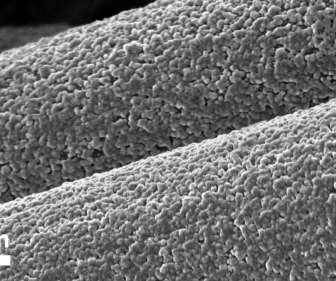Electrochemical energy storage startup SPARKZ licenses ORNL cobalt-free battery tech
Green Car Congress
FEBRUARY 6, 2020
Stealth-mode electrochemical energy storage startup SPARKZ Inc. has exclusively licensed five battery technologies from the Department of Energy’s Oak Ridge National Laboratory (ORNL) designed to eliminate the use of cobalt metal in lithium-ion batteries. SPARKZ Inc. I look at this as a very strategic partnership.



































Let's personalize your content